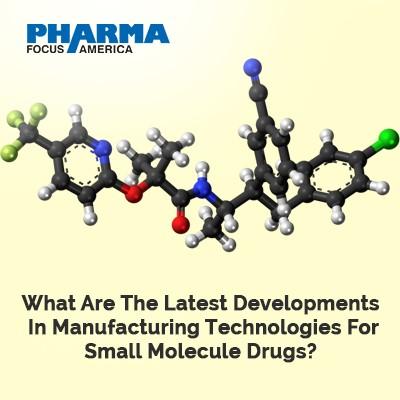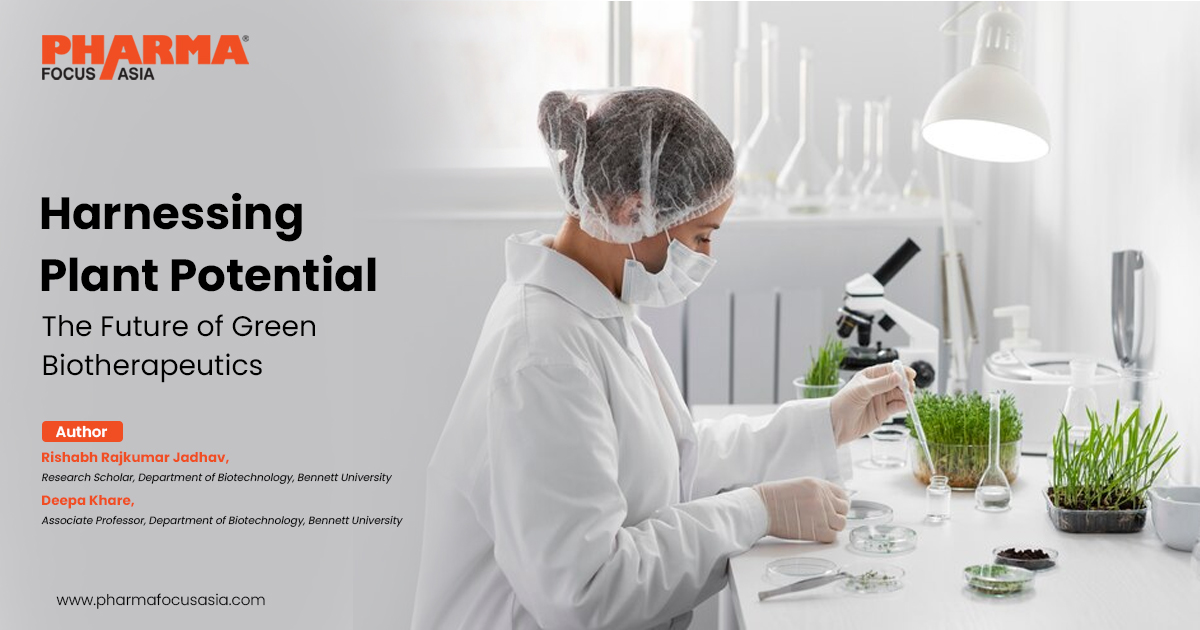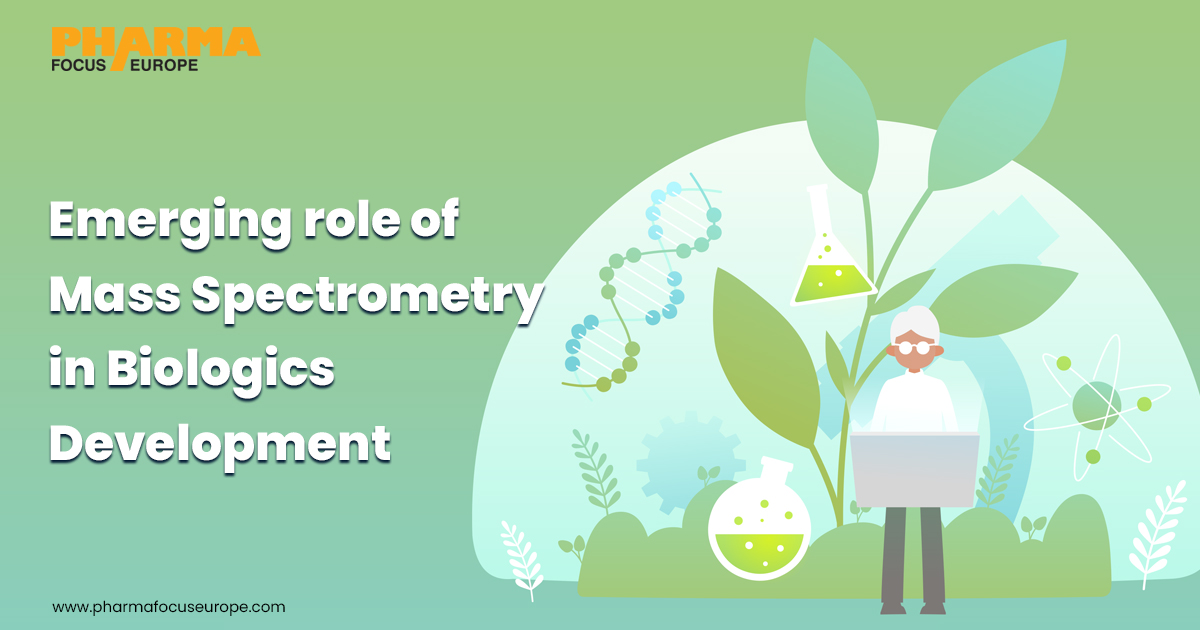 Conversion-Focused Landing Pages – More Leads, Less Bounce!
Conversion-Focused Landing Pages – More Leads, Less Bounce!
What Are The Latest Developments In Manufacturing Technologies For Small Molecule Drugs?
Written by divyaochre » Updated on: June 17th, 2025

This comprehensive article explores the latest breakthroughs in small molecule drug manufacturing technologies, focusing on continuous manufacturing, advanced process analytical technology, digitalization, quality by design, advanced manufacturing platforms, green chemistry, and personalized medicine. The dynamic landscape of pharmaceuticals is witnessing a paradigm shift, emphasizing efficiency, quality, and sustainability in drug production. As science and industry intersect, this exploration delves into cutting-edge techniques, digitalization trends, and the transformative impact of personalized medicine, promising a future of enhanced pharmaceutical production.

Introduction:
In the ever-evolving realm of pharmaceuticals, the pursuit of innovation in drug manufacturing technologies remains relentless. Standing at the crossroads of science and industry, the emphasis on efficiency, quality, and sustainability in producing small-molecule drugs takes center stage. This article delves into the latest developments reshaping the approach to small molecule drug manufacturing, exploring cutting-edge techniques, digitalization trends, and the transformative impact of personalized medicine. Join us on a journey through the intricacies of pharmaceutical manufacturing as we uncover advancements promising to redefine the future of healthcare.
Continuous Manufacturing: Transforming the Production Paradigm
Continuous manufacturing has emerged as a disruptive force in the pharmaceutical industry, challenging traditional batch processing methods. This approach involves a continuous flow of materials through various stages of production, offering benefits such as improved efficiency, reduced costs, and enhanced control over the manufacturing process. Unlike batch processing, which involves stopping and starting, continuous manufacturing allows for a seamless and streamlined production flow. This transformation not only accelerates production but also ensures better resource utilization, paving the way for a more sustainable and cost-effective future in drug manufacturing.
Advanced Process Analytical Technology (PAT): Real-time Quality Control
The implementation of Advanced Process Analytical Technology (PAT) is gaining traction in small molecule drug manufacturing. PAT involves the use of advanced analytical techniques such as spectroscopy and chromatography, coupled with real-time monitoring tools. This enables manufacturers to achieve real-time quality control, ensuring that the product meets specified quality standards throughout the production process. The result is not only improved product quality but also increased efficiency and cost-effectiveness. PAT's real-time monitoring capabilities empower manufacturers to detect and rectify deviations promptly, minimizing the risk of defects and ensuring a more robust and reliable manufacturing process.
Digitalization and Industry 4.0: The Technological Revolution
The pharmaceutical industry is experiencing a digital transformation with the adoption of Industry 4.0 principles. Incorporating technologies like the Internet of Things (IoT), big data analytics, and artificial intelligence, this shift enhances process control, monitoring, and overall efficiency in drug manufacturing. Real-time data analysis, predictive maintenance, and smart manufacturing are becoming integral parts of the production lanhttps://www.pharmafocusamerica.com/articles/what-are-the-latest-developments-in-manufacturing-technologies-for-small-molecule-drugsdscape, leading to more informed decision-making and optimized processes. The interconnected nature of Industry 4.0 principles ensures a more adaptive and responsive manufacturing environment, setting the stage for a technological revolution that promises increased productivity and reduced operational costs in small molecule drug manufacturing.
Quality by Design (QbD): Ensuring Consistent Quality
Quality by Design (QbD) principles continue to be paramount in drug manufacturing. The focus is on designing processes that consistently deliver high-quality products by understanding and controlling the variables that affect product quality. By implementing QbD principles, manufacturers can identify and mitigate potential risks early in the development process, resulting in a more robust and reliable manufacturing process. QbD not only enhances product quality but also streamlines the development and manufacturing phases, reducing time-to-market and ensuring a more efficient and consistent production output.
Advanced Manufacturing Platforms: Microreactors and Nanoparticle Technology
Novel manufacturing platforms, such as microreactors and nanoparticle technology, are garnering attention for their potential to revolutionize small molecule drug manufacturing. Microreactors offer precise control over reaction conditions in a small-scale environment, leading to improved efficiency and reduced waste. Nanoparticle technology, on the other hand, enables the production of more complex formulations, enhancing drug delivery and therapeutic efficacy. These advanced manufacturing platforms represent a shift towards more tailored and efficient production methods, contributing to the evolution of small molecule drug manufacturing processes.
Green Chemistry: Sustainable Practices in Manufacturing
There is a growing emphasis on developing environmentally friendly and sustainable manufacturing processes within the pharmaceutical industry. Green chemistry principles aim to minimize the environmental impact of pharmaceutical manufacturing by reducing waste, energy consumption, and the use of hazardous materials. Manufacturers are exploring greener alternatives and eco-friendly processes to align with increasing societal awareness and regulatory pressures. By adopting green chemistry practices, the pharmaceutical industry not only contributes to environmental sustainability but also addresses the growing demand for responsible and ethical production methods.
Personalized Medicine: Tailoring Treatments for Individuals
Advancements in small molecule drug manufacturing are significantly influenced by the paradigm shift towards personalized medicine. Technologies that enable the efficient production of small batches and customized formulations are gaining importance. Personalized medicine aims to tailor treatments to individual patients, taking into account their genetic makeup, lifestyle, and specific health needs. This approach not only improves therapeutic outcomes but also challenges traditional mass production methods. The integration of personalized medicine into small-molecule drug manufacturing reflects a patient-centric approach, providing more targeted and effective treatments while paving the way for a future where individualized healthcare is the norm.
Conclusion: A Future Defined by Innovation
In conclusion, the landscape of small-molecule drug manufacturing is undergoing a profound transformation driven by innovation and technological advancements. Continuous manufacturing, advanced analytical techniques, digitalization, quality by design, advanced manufacturing platforms, green chemistry, and personalized medicine are reshaping the way pharmaceuticals are produced. These developments not only enhance efficiency, reduce costs, and improve product quality but also contribute to a more sustainable and patient-centric future. As we navigate this era of unprecedented change, the pharmaceutical industry stands at the forefront of pioneering solutions that will redefine healthcare for generations to come.
Visit now: https://www.pharmafocusamerica.com/articles/what-are-the-latest-developments-in-manufacturing-technologies-for-small-molecule-drugs
Note: IndiBlogHub features both user-submitted and editorial content. We do not verify third-party contributions. Read our Disclaimer and Privacy Policyfor details.
Copyright © 2019-2025 IndiBlogHub.com. All rights reserved. Hosted on DigitalOcean for fast, reliable performance.












